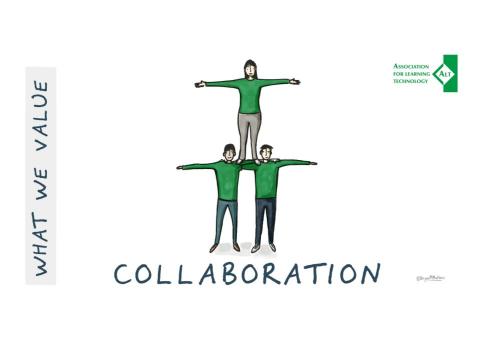
*Due to industrial action this event has been postponed until 2020. We will share the new date as soon as it is confirmed*
The Human Data Interaction (HDI) Network Plus is a 3-year programme of supported workshops and funding, structured along a series of core themes related to how people interact with data-driven systems and the implications of those interactions. so far, we have successfully funded six projects on the themes of Intelligible AI and Beyond Smart Cities and we look forward to funding a further 21 projects under the banner of HDI!
Skills, Education and Training is the fifth of a series of 9 workshops where we will ask participants to help us set the agenda for this call for funding and to meet others with whom they might submit a proposal.
Our main question is how can HDI help us improve or adapt the ways that people learn about, become aware of and respond to data-driven systems’ functions, benefits and risks?
Rationale: It has been said that privacy is dead and that citizens should simply accept that sharing their data is the latest phase of capitalism: ‘If we have nothing to hide then we have nothing to fear’. In this workshop we will ask - how do we support and empower all aspects of society to function in a world where almost every aspect of our lives results in data trails? This might include questions around literacy, power, access to resources, and responses to surveillance capitalism.
If you already have a project idea, are already working in the area, or would simply like to join and inform this growing cross-sectoral network then come to the workshop!
Organisers: Maren Deepwell (Association of Learning Technologists), Patrick Lee (Dept. for Education), Brian Hills (Data Lab), Ewa Luger (University of Edinburgh)
To book a place contact hdi-network@glasgow.ac.uk. Bursaries for travel are available and places are assigned on a first come basis.
Workshop details:
Date: Friday 6th December 2019
Time: 10:00-16:00
Location: Bayes Centre (G.03), University of Edinburgh
